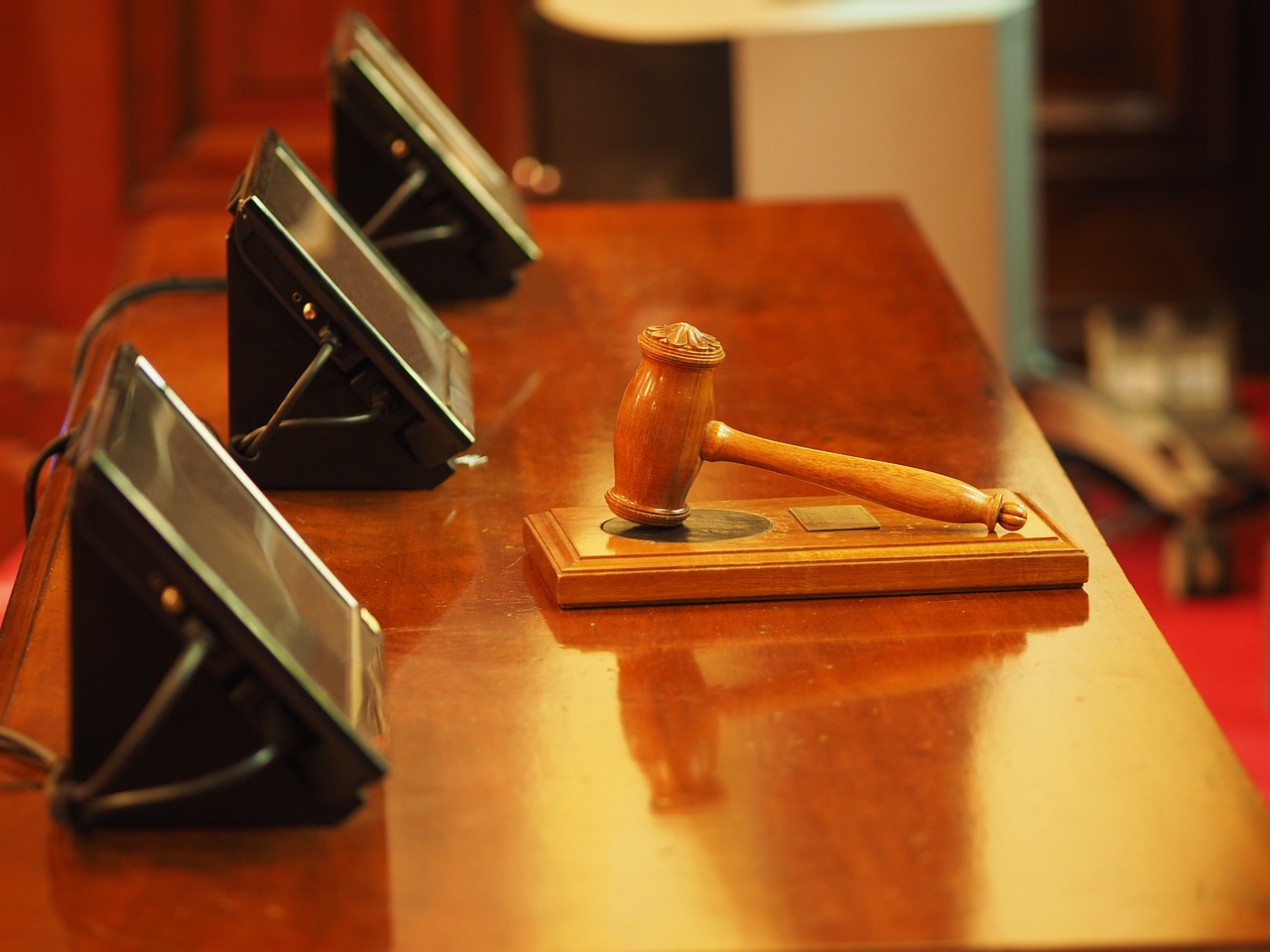Introduction
When you encounter poor service at a business, it’s natural to leave a fair feedback. However, in Japan, you might face unexpected situations like:
- Getting a sudden call from the police after posting a negative review on Google Maps, making you wonder if you’ve committed a crime.
- Receiving a response from the business threatening legal action for defamation. Should you worry or just ignore it?
These issues arise because defamation can be a crime or civil offense under Japanese law. In this article, we’ll explain how defamation works in Japan, so you can understand the legal requirements and know how to protect yourself when leaving reviews.
Defamation in Japan (名誉毀損)
🚨Criminal Defamation
In Japan, defamation is outlined in Article 230 of the Penal Code. Criminal defamation occurs when someone publicly makes statements about specific facts that lower the social reputation of an individual or business.
Three requirements for a review to be a criminal defamation:
- Public Statement: The comment must be accessible to a large audience.
- Statement on specific Facts: Factual claims like unsanitary conditions meets this criterion, whether a statement is true or false, but mere opinions like “This restaurant isn’t good” won’t. Protection for truthful reviews will be considered under the Defense of Truth.
- Lowering Reputation: In deciding whether the statement damages reputation, they will rely on a common-sense.
Posting a review that meets the criteria of being public, factual, and harmful to someone’s reputation could be defamation. The penalties can include up to three years in prison or a fine of ¥500,000.
However, even if your review meets all three criteria, there is a defense called the Defense of Truth (真実性の抗弁). As explained in the next section, negative feedback that serves the public good is permitted.
💲Civil Defamation
In civil cases, compensation for damages may be sought, and the criteria can be less strict. However, recent court rulings emphasize allowing negative reviews on the Internet, because they can be countered publicly, which can prevent reputational harm (The Counter-Speech Doctrine (対抗言論の法理), Tokyo District Court ruling on August 27, 2001). Also, just like in criminal cases, beneficial reviews for the general public will be protected under the Defense of Truth. Extreme expressions, like discriminatory remarks, are not protected though.
Defense of Truth
Negative reviews can be protected by law if they meet the following conditions:
- Public Interest: The review addresses a matter of public concern.
- Public Benefit: The primary purpose of the review is to serve the public.
- Truthfulness: The review must either present truthful information or be based on what the reviewer reasonably believes to be true.
If the content is in the public interest, the court will usually assume the review was intended for public benefit unless proven otherwise.
How to Write Reviews Safely
To ensure your negative reviews are legally protected, follow these guidelines:
- Base your feedback on verifiable facts.
- Focus on the public benefit, such as helping other customers avoid a negative experience.
- Avoid personal attacks or exaggerations.
- Using an anonymous account to leave a review can reduce the risk of lawsuits, because investigating an anonymous reviewer’s identity usually requires significant time and expense.
Conclusion
In Japan, even when a review doesn’t break the law, the police may still respond to complaints from businesses. They often suggest retracting the review to ease tensions. By understanding how defamation laws work and focusing on facts and public interest, you can confidently share your feedback while avoiding unnecessary legal disputes. Staying mindful of how reviews are framed can help ensure you’re protected, even in situations where complaints arise.
For an explanation of criminal procedures in Japan, please refer to “Know Your Rights: What to Do If Arrested in Japan” and “How Criminal Proceedings Affect Visas in Japan“.


